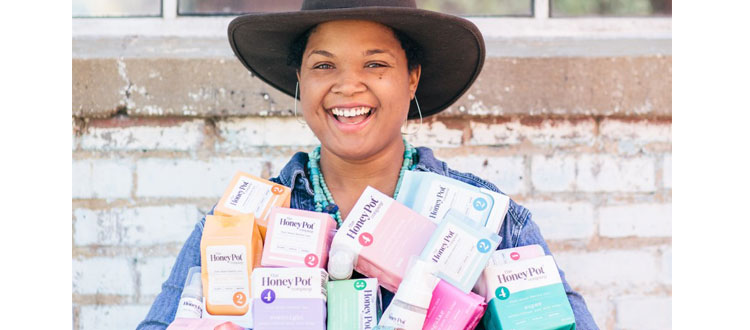Why You Should be Concerned About Intimate Care Products that Inhibit Lactobacilli
Recent testing raises a lot of questions and concerns about the impacts intimate care products are having on our bodies. Specifically, our testing looked at how products might be affecting the delicate balance of healthy bacteria (namely lactobacilli) in our vaginas.
Testing Reaffirms the Need for Improved Safety Standards for Vaginal-Use Products
New laboratory research has demonstrated that some intimate care products currently on the market can significantly inhibit the growth of lactobacilli, which are essential bacteria for a healthy vagina. An upset or imbalance of lactobacilli are linked to increased risks of bacterial vaginosis (or BV). BV is incredibly common — it is estimated that at least 75% of women in the U.S. will experience episodes of vaginitis at some point during their life.
This new testing joins the growing evidence linking the use of intimate care products to vaginal infections, and also raises questions on if the products many people are using to “self-treat” BV symptoms, may in fact be worsening the problem.
Itching, burning, pain, infections? You are not alone.
Not only is research on the causes of vaginitis scant, the treatments available are truly inadequate, often only successful for the short term – and way too many people have recurring symptoms month after month.
Women-Led: Spotlight on Beatrice Dixon, Founder and CEO of The Honey Pot Company
"I would change how the world treats us as consumers, selling us toxic feminine care and personal care products. I would change how we are objectified by the corporate world and paid less for our skills and services." - An interview with Beatrice Dixon




